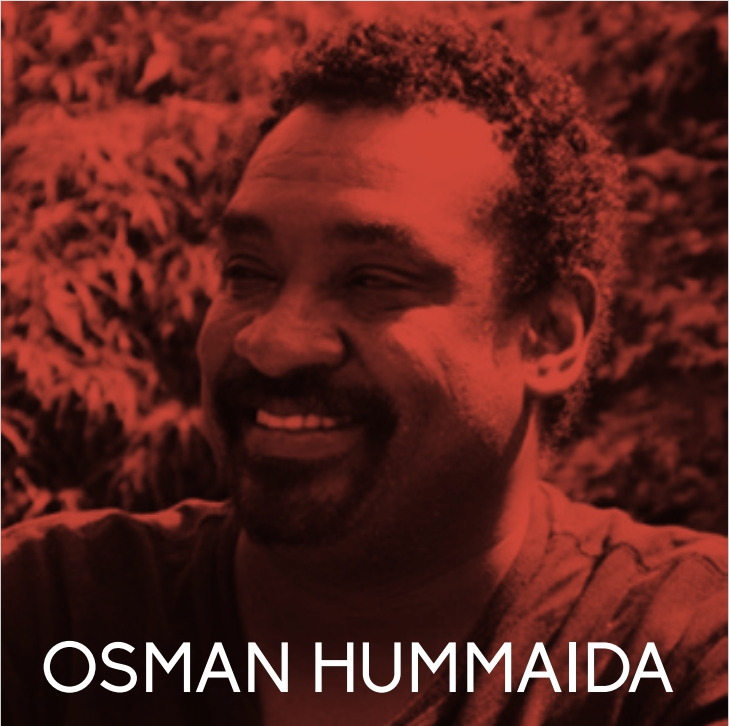The establishment of a Special Rapporteur on Eritrea by the United Nations Human Rights Council is a historic move, said Christian Solidarity Worldwide (CSW), Human Rights Concern-Eritrea (HRC-E) and the East and Horn of Africa Human Rights Defenders Project (EHAHRDP). In a resolution adopted by consensus on Friday 6th July, the Council strongly condemns the “continued widespread and systematic violations of human rights and fundamental freedoms committed by the Eritrean authorities”.
CSW, HRC-E and EHAHRDP welcomed the establishment of the new special rapporteur and expect this new mechanism to bring increased attention to the human rights situation in Eritrea. The mandate-holder will be appointed at the September session of the Council and will report at the 23rd session next year.
“The Government of Eritrea has been presented with an opportunity to change the course of its human rights record,” said Hassan Shire, Executive Director of EHAHRDP. “It should fully cooperate with the new special rapporteur and put an end to the chronic abuse of human rights in the country.”
The resolution condemns cases of arbitrary and extrajudicial executions, enforced disappearances, the use of torture, arbitrary and incommunicado detention without recourse to justice, and detention in inhumane and degrading conditions, as well as severe restrictions on the freedoms of expression, religion, peaceful assembly and association. It is estimated that there are currently between 5,000 and 10,000 prisoners whose “crime” is that they are suspected of not being fully loyal to the regime. Eritrea is ranked last of 179 countries by Reporters Without Borders because there is no press freedom. All independent media organisations were closed in 2001 and their journalists and editors imprisoned.
The forced conscription of citizens into indefinite periods of national service has also received strong condemnation, along with the reported coercion of minors into the military and the mining industry, the intimidation and detention of family members of those suspected of evading national service and the shoot-to-kill practice employed on Eritrea’s borders to prevent citizens from fleeing their country. The resolution also condemns any violations by the government of Eritrea of their international human rights obligations in connection with the collection of the diaspora tax.
Eritrea’s lack of cooperation with international and regional human rights mechanisms was also condemned – the government has ignored two decisions by the African Commission on Human and Peoples’ Rights as well as numerous requests from UN Special Procedures to visit the country. The resolution calls on the government to cooperate fully with the Office of the High Commissioner for Human Rights and the newly-appointed Special Rapporteur, and to allow them access, as well as to implement recommendations from Eritrea’s universal periodic review.
HRC-E, EHAHRDP and CSW commended Council members for providing much-needed and overdue attention to the grave human rights situation in the country. The resolution was submitted for consideration by the delegations of Somalia, Djibouti and Nigeria. This is the first time that African states have initiated the appointment of a special rapporteur on the human rights situation in another African country without the consent of the state concerned. Only Russia and China disassociated themselves from the Council’s consensus position, but did not call for a vote.“Friday’s resolution sends a clear signal that human rights concerns must supercede any other considerations,” said Elsa Chyrum, Executive Director, HRC-E.
To read the June 2012 joint call for action on Eritrea from 21 non-governmental organisations, please see:
https://defenddefenders.org/2012/06/call-for-action-on-eritrea-at-un-human-rights-council

